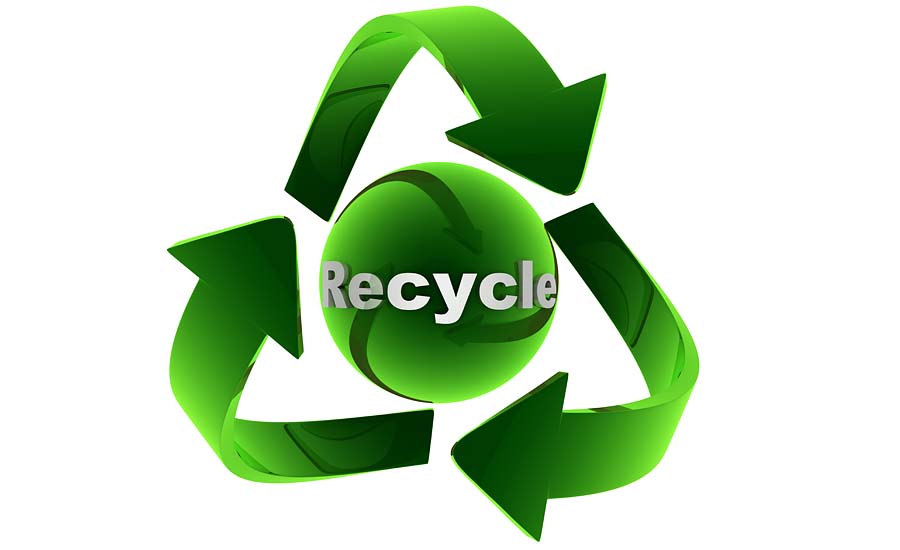Unilever commits to 100% recyclable plastic packaging by 2025
Unilever already committed to reduce the weight of the packaging it uses by one third by 2020.

London-based Unilever committed to ensuring that all of its plastic packaging is fully reusable, recyclable or compostable by 2025.
Treating plastic packaging as a valuable resource to be managed efficiently and effectively is a key priority in achieving Sustainable Development Goal 12 (Sustainable Consumption & Production), and in doing so, shifting away from a “take-make-dispose” model of consumption to one which is fully circular.
To help transform global plastic packaging material flows, Unilever has committed to:
- Ensure all of its plastic packaging is designed to be reusable, recyclable or compostable by 2025.
- Renew its membership of the Ellen MacArthur Foundation, UK, for another three years. and endorse and support their New Plastics Economy initiative. As part of this, it will publish the full “palette” of plastics materials used in its packaging by 2020 to help create a plastics protocol for the industry.
- Invest in proving, and then sharing with the industry, a technical solution to recycle multi-layered sachets, particularly for coastal areas, which are most at risk of plastics leaking into the ocean,
Unilever already committed to reduce the weight of the packaging it uses by one third by 2020, and increase its use of recycled plastic content in its packaging to at least 25% by 2025 against a 2015 baseline, both as part of the Unilever Sustainable Living Plan. In 2015, it achieved its commitment of sending zero non-hazardous waste to landfill across its manufacturing operations.
“Our plastic packaging plays a critical role in making our products appealing, safe and enjoyable for our consumers,” says Paul Polman, chief executive officer. “Yet it is clear that if we want to continue to reap the benefits of this versatile material, we need to do much more as an industry to help ensure it is managed responsibly and efficiently post-consumer use. To address the challenge of ocean plastic waste, we need to work on systemic solutions - ones [that] stop plastics entering our waterways in the first place. We hope these commitments will encourage others in the industry to make collective progress toward ensuring that all of our plastic packaging is fully recyclable and recycled. We also need to work in partnership with governments and other stakeholders to support the development and scaling up of collection and reprocessing infrastructure, which is so critical in the transition toward a circular economy. Ultimately, we want all of the industry’s plastic packaging to be fully circular.”
Looking for a reprint of this article?
From high-res PDFs to custom plaques, order your copy today!







